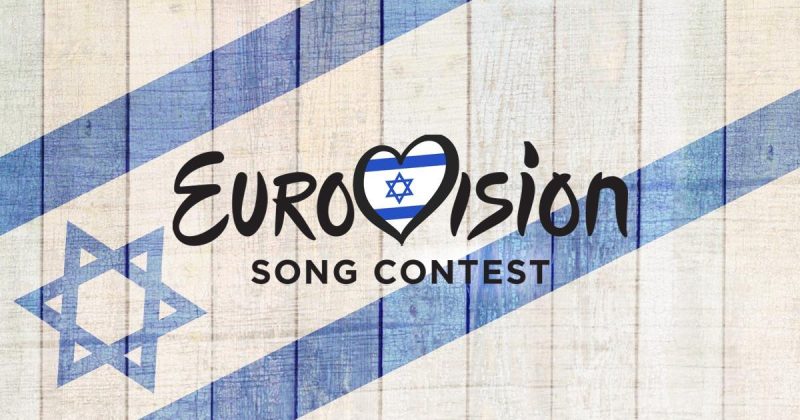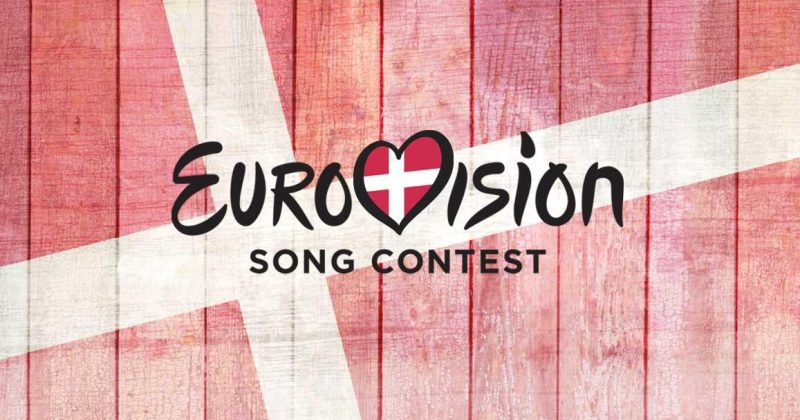
Austria’s ORF and governor Johanna Mikl-Leitner back Israel’s Eurovision 2026 participation, opposing boycott threats and affirming Vienna’s role as host.
The board of directors of Austria’s national broadcaster, ORF, voted by majority in favor of Israel’s participation in the upcoming Eurovision Song Contest 2026. The decision, taken on Thursday, follows a public statement by ORF CEO Ronald Weissmann, who said he “hopes to see Israel participate in the contest”. This endorsement is considered crucial, especially against boycott threats voiced by Slovenia, Ireland, the Netherlands, and other countries.
Political Support from Austria for Israel
The decision by ORF is more than a symbolic move—it represents a concrete stance within the contest itself, positioning Austria, the host country, as a firm ally of Israel amid growing boycott calls. Substantial reinforcement came from Lower Austria’s governor, Johanna Mikl-Leitner, who not only joined in support but also openly opposed boycott threats from other states. Her involvement underscores Austria’s political weight on this matter, with her backing potentially alleviating pressure Israel faces across Europe.
At a time when boycott calls from various European groups are intensifying, any official endorsement carries weight. Austria’s decision follows a declaration from Denmark’s national broadcaster DR, which chose a neutral path and stated that “each country should decide for itself”. While some nations adopt outspoken stances, others prefer to safeguard their contest participation without escalation.
Internal Divides Within Austria’s Broadcaster
Although the motion passed by majority, the ORF vote was not unanimous. Two members affiliated with the Social Democratic Party and two additional council members abstained, hinting at internal disagreements. Council member Alexander Zach, who submitted the motion, emphasized that the vote aimed to provide public backing to the ORF CEO, who had already expressed support for hosting Israel’s representatives in Vienna.
Meanwhile, Johanna Mikl-Leitner’s firm position highlights that the issue extends beyond broadcasting circles. On Facebook she wrote: “A Eurovision without Israel is unthinkable. Right now, especially in difficult times, Austria must take responsibility and stand with the Israeli people.” She went further, declaring that “I would rather Austria hosts the Song Contest in the end solely together with Israel – than without Israel.” Such a strong statement from a senior political figure underscores Austria’s line of support and directly counters boycott threats.
Nach Irland drohen nun auch die Niederlande mit einem Boykott des Eurovision Song Contest 2026, wenn Israel wie geplant…
Posted by Johanna Mikl-Leitner on Saturday, September 13, 2025
Vienna as the Center of Debate
The upcoming Eurovision 2026 in Vienna reflects the wider political tensions surrounding the contest. As seen in Poland, Germany and Denmark, Austria remains divided both politically and publicly. While segments of society encourage broad participation, others view the contest as a platform for political expression.
The ORF vote marks a significant point of reassurance for Israel ahead of Eurovision 2026, conveying a clear message of stability and support. Although challenges remain as the road to Vienna unfolds, Austria’s move signals that many European states still value the continuity of the contest. Whether further nations align with Austria’s stance will be revealed in the months ahead.
Israel at Eurovision 2025
“New Day Will Rise” is the song performed by Yuval Raphael, who was chosen to represent Israel after winning the 11th season of “HaKokhav HaBa”. Israel advanced to the final after winning the second semi-final with 203 points and finished second overall with 436 points in the grand final. Israel ranked first in the public vote but only 14th with the jury. This marks the third consecutive year that Israel has reached the top five – an unprecedented achievement.
Eurovision 2025: This was Israel’s 47th participation in Eurovision. Israel joined the contest in 1973 and has won four times. Its most recent victory was at Eurovision 2018 with the song “Toy”, performed by singer Netta Barzilai.

Email: [email protected]
Phone: +072-50-9441919
Noy Yehoyada is an Israeli journalist and content creator at the EuroMix team since 2024, bringing a personal, feminine, and LGBTQ+ voice into the Eurovision sphere. A devoted Eurovision fan since the age of 16, she plays an active role in covering the contest—including on-site reporting at Eurovision 2025 in Basel and across European pre-party events. Alongside her writing and commentary, Noy plans the editorial schedule for the website, closely tracks national selections and song reveals, participates in live broadcasts, and creates digital content focusing on representation, musical diversity, and emotional connections.
Beyond her work at EuroMix, Noy has over six years of experience in the cosmetics and pharma industries, with a background in sales, personal consulting, and managing beauty departments. She enjoys pop, rap, contemporary art, and traveling in Europe—and especially loves songs that make her want to dance, as well as those that tell a story.









